QCO on polyester yarn advances without deferment notice in India
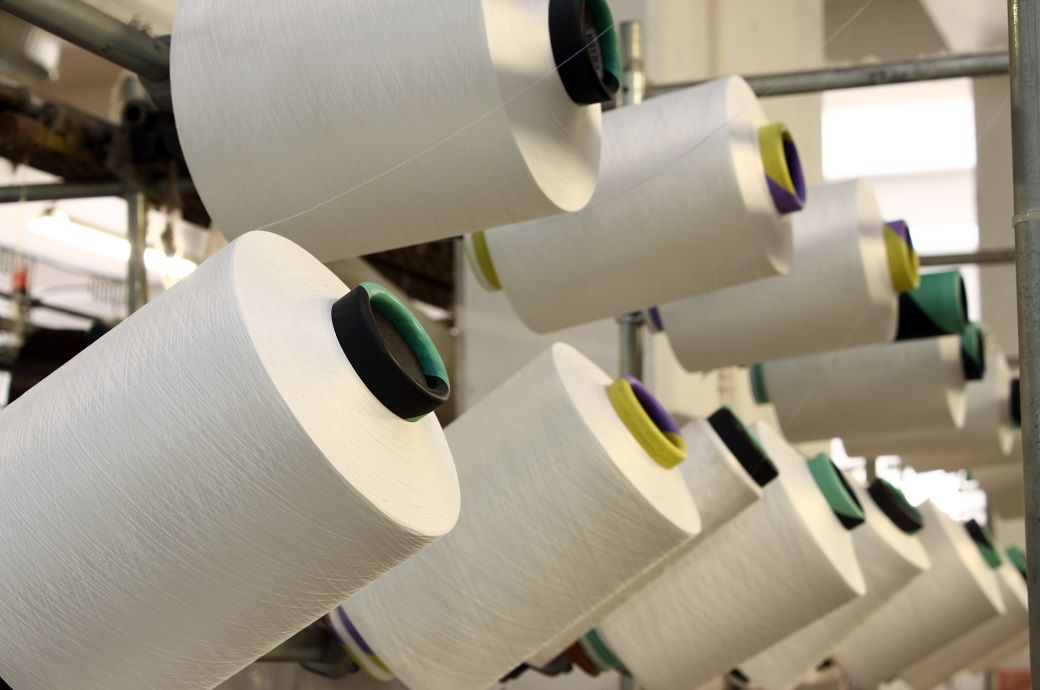
Insights
- Indian textile sector is divided over the government's decision to defer the implementation of the quality control order on polyester filament yarn.
- No formal deferment notification has been issued, so the order has automatically come into effect.
- While some industry players welcome the move to improve quality, others have expressed concerns.
As part of its plan to uphold the high quality of textile products, the government implemented the QCO on polyester fibre, but postponed its application on filament yarns, such as partially oriented yarn (POY), full drawn yarn (FDY), and industrial yarn (IDY), until the end of June 2023. This means that polyester fibre cannot be produced, imported, stored, or sold without Bureau of Indian Standard (BIS) certification.
Following the implementation of the QCO on polyester filament yarn, industry associations updated their members about the change. They also welcomed the latest development. R K Vij, president of The Textile Association (India), issued a letter to its members to inform them. TAI stated that the implementation of QCO on polyester yarn is a welcome step. It will restrict import of lower quality material in the country.
Vij told Fashion2Fashion, “There is no need to import polyester yarn because we have surplus capacity. Huge supply of imported yarn is causing trouble for the domestic industry.” He stated that this will ensure the production of better-quality fabrics and garments. The move was welcomed not only by the garment industry but also by the weaving industry.
Lalit Thukral, president of the Society of Noida Apparel Export Cluster, stated that the industry would now have access to locally manufactured and imported materials that meet ISO quality standards. The restriction on low-cost, low-grade materials will serve as a deterrent to protect the domestic value chain.
Ankita Singh, from garment brand Freecultr, informed its manufacturers and suppliers that the move will ensure availability of quality products which in turn will lead to improvement in overall quality in the entire value chain. It will increase the competitiveness of the domestic knitting industry and reduce dependence on imports.
While the garment and weaving industries have expressed disappointment, Nikhil Jain from the Ludhiana-based company Swan Enterprises told F2F, "Small industry is the backbone of our economy, but the latest government decision doesn't reflect this. This move will increase concerns for MSME units." He suggested that the government should first implement quality control measures on garments and finished products. Enforcement on raw materials will promote the import of garments and finished products, which is not favourable for a garment industry predominantly run by MSMEs.
Earlier, a large number of industry organisations and businesses campaigned against the implementation. The Southern Gujarat Chamber of Commerce and Industry initiated a memorandum, backed by twenty thousand weaving units, urging the government to defer the implementation. Other organisations representing weavers, such as the Federation of Gujarat Weavers' Welfare Association and the Federation of Indian Art Silk Weaving Industry, also sent letters to the government. Many organisations met with key officials in the central government. They received sympathetic responses and assurances, but nothing concrete.
Fibre2Fashion News Desk (KUL)









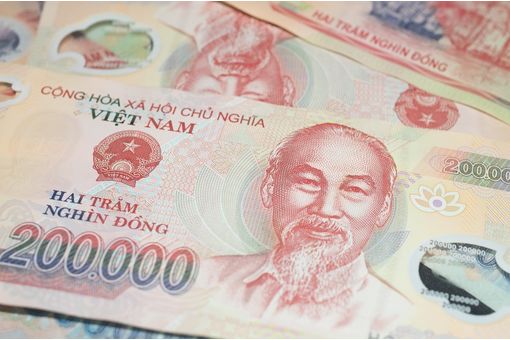
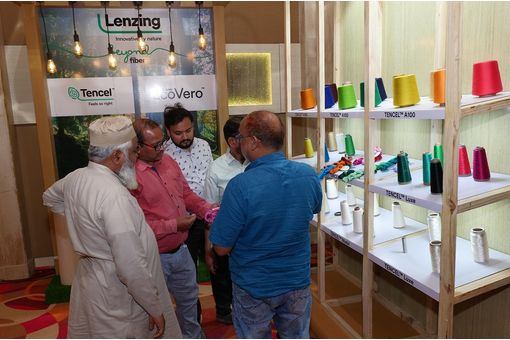
















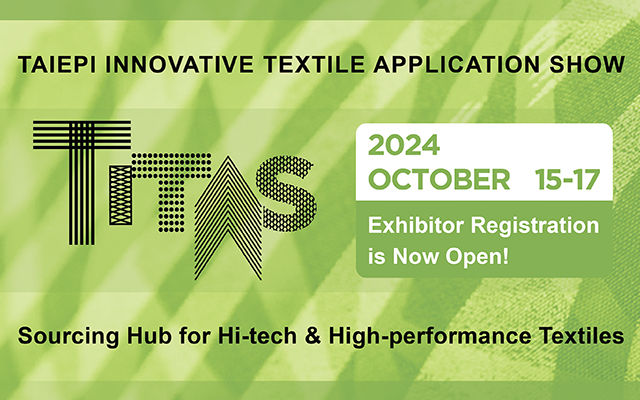

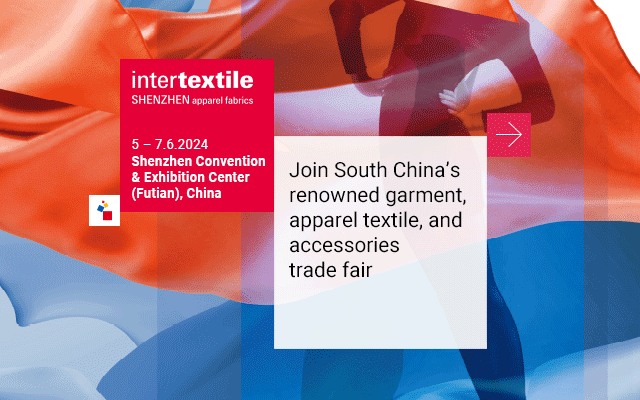


-Ltd..jpg?tr=w-120,h-60,c-at_max,cm-pad_resize,bg-ffffff)





.jpg?tr=w-120,h-60,c-at_max,cm-pad_resize,bg-ffffff)
.jpg?tr=w-120,h-60,c-at_max,cm-pad_resize,bg-ffffff)






